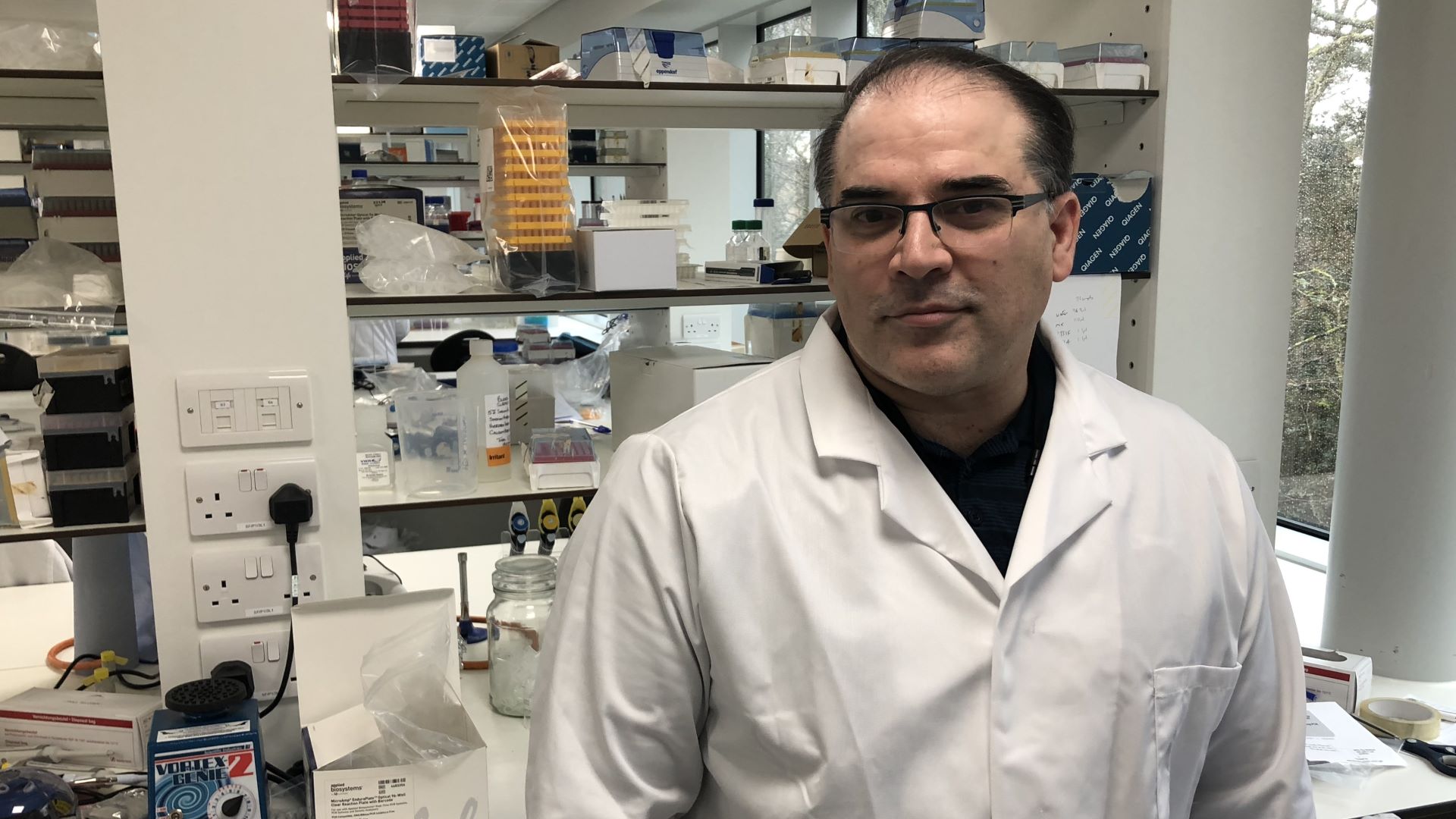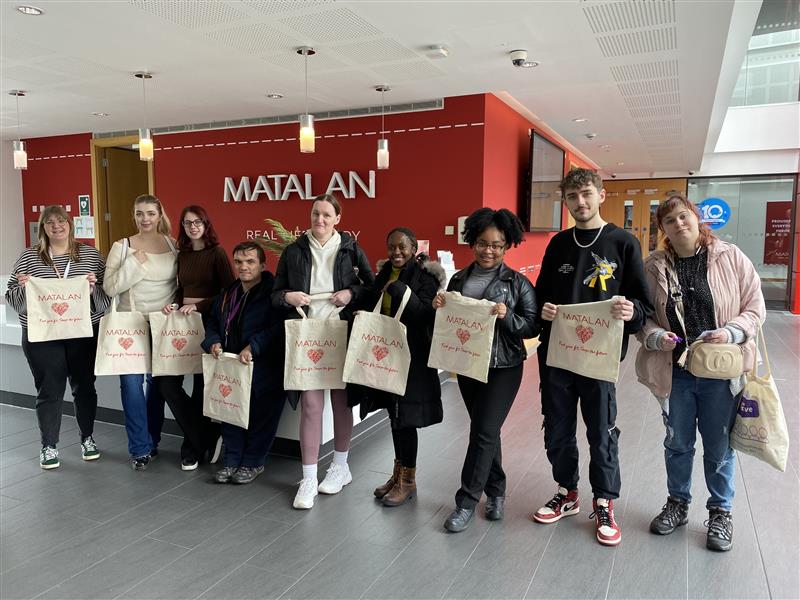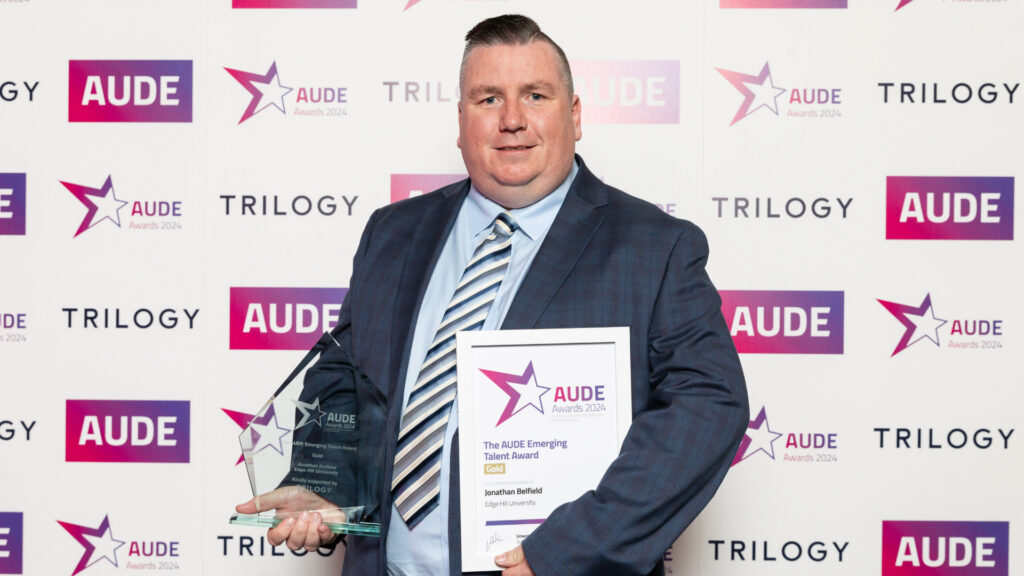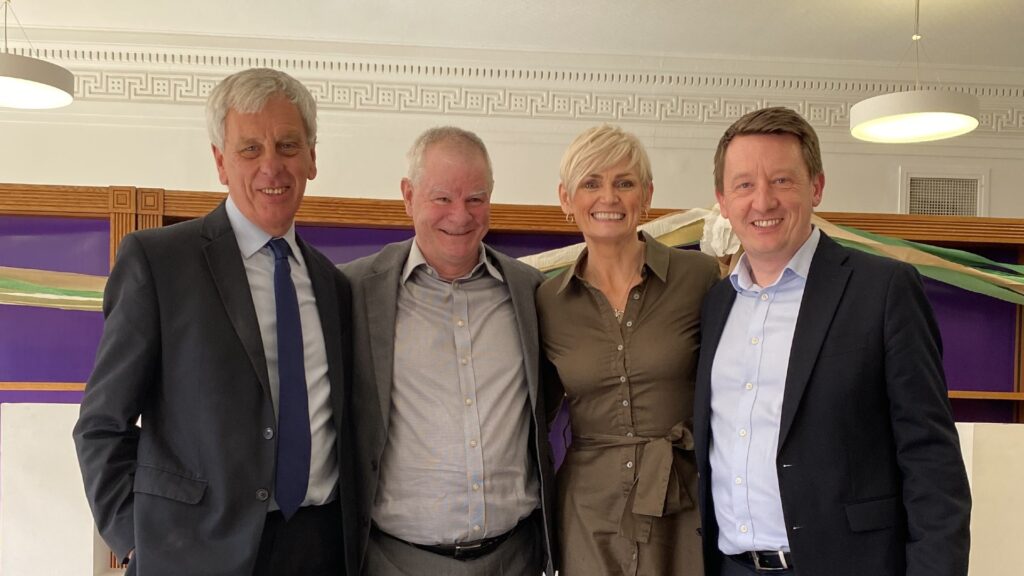Reader in Gene Delivery and Nanomedicine Dr Aristides Tagalakis worked on the same mRNA nanomedicines as Dr Kariko and is currently researching gene therapy and mRNA-based medicines at Edge Hill University. Here, he explains the significance of his research.
Throughout its 40-year history, the field of gene therapy has made great strides in combatting human diseases, providing hope to patients and families with limited treatment options.
At Edge Hill University, me and my colleagues Dr Liloglou, Dr Patabendige, Dr Welsby are working on advanced gene therapies with many applications. My work on innovative non-viral gene therapy nanocarriers can carry mRNA, DNA, siRNA and other nucleic acids and therapeutic drugs.
These carriers can potentially treat debilitating illnesses, including glaucoma, cystic fibrosis, neurodegenerative conditions, and solid cancers, among numerous others.
Existing mRNA vaccines function by instructing your body to produce a protein from the COVID-19 virus. Your body recognises that the protein is foreign and produces antibodies to protect you. mRNA vaccines are safe and effective, with side effects being rare among the many billions of doses administered worldwide.
I had such confidence in this technology that when COVID-19 vaccinations were offered, I insisted on receiving the Pfizer/BioNTech vaccine before this became widely available to the younger population in the UK, which consists of lipid nanoparticles carrying modified mRNA. My experience told me it would be highly effective, which has certainly been true for the millions who received the vaccine.
Now, the field has received a significant boost, with the Nobel Prize for Medicine going to non-viral gene therapy pioneers Dr Katalin Kariko and Dr Drew Weissman.
In 2013 and 2014, I had the opportunity to test Dr Katalin Kariko’s modified mRNAs. I saw firsthand the remarkable properties of modified mRNA technology, similar to the methods used to create the Pfizer/BioNTech COVID-19 vaccine.
Our results were astounding; compared to commercially available mRNAs at the time, we observed several-fold higher protein expression levels for our targeted genes. The same was true when compared to standard plasmid DNA. We immediately recognised that these methods were a game-changer, enabling nanomedicines to effectively produce the required encoded proteins without any associated cytotoxicity.
And these technological advances show no sign of slowing down. Significantly, the Nobel Prize in Chemistry was also presented to three new laureates exploring another class of nanoparticles known as quantum dots that are opening up new areas of research. The field of nanotechnology is flourishing, and exciting times lie ahead.
Dr Tagalakis has been a member of the prestigious non-viral gene therapy Scientific Committees of the American Society of Gene and Cell Therapy (ASGCT) since 2014. He had the pleasure of attending seminal talks delivered by Dr Weissman, also a member of ASGCT.
To discover more about our courses at Edge Hill, please visit ehu.ac.uk/study or learn more about the University’s excellent research edgehill.ac.uk/ninetieth/our-research.
October 20, 2023



